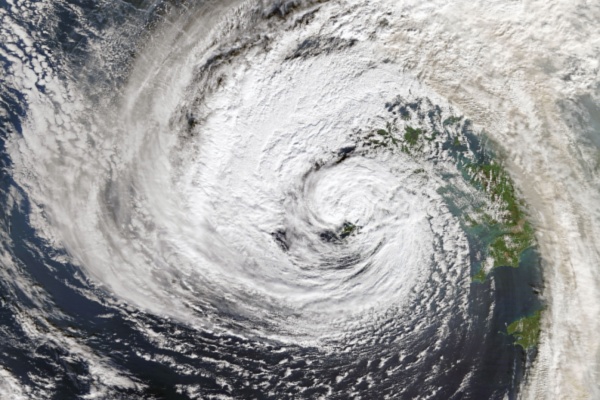The National Hurricane Center (NHC) is monitoring an area of low pressure over the Caribbean which it said is likely to develop into a tropical depression. If this turns into a tropical storm, it could be the next named storm in the basin, and would be called Rafael.
As Newsweek reports, there is an 80 percent chance the low pressure over the southwestern Caribbean Sea will form into a tropical depression over the next 24 to 48 hours and a 90 percent chance it will develop over the next seven days, the NHC in Miami said in its tropical weather outlook update on Sunday.
If the system turns into a tropical depression, with winds under 39 miles per hour, it could be upgraded to a tropical storm if it becomes “more organized” and develops winds between 39 miles per hour and 73 miles per hour, according to NASA‘s classification definitions.
There are only four hurricanes on record that have made landfall in mainland America in November, with the most recent being in 2022 when Nicole hit in Florida. Before that, Kate came ashore in November 1985 and Yankee made landfall in November 1935, both in Florida. In November 1861, Expedition made landfall in North Carolina.
Alex DesRosiers, who is part of the Colorado State University tropical weather and climate research team, told Newsweek: “Hurricanes in November do happen, but they are far less common than in peak season months. “In a historical record spanning over 150 years, there have been roughly seven times more hurricanes in the peak season month of September when compared to November,” he said.
“Given the rarity of these events, it will always be surprising if, when, another is added to that shortlist,” DesRosiers said, adding: “Windows of hurricane-favorable conditions do still open up in November, but are much less common than they are in the peak hurricane season.”
The NHC said that tropical storm watches or warnings could be issued later this week. Formation will take place while the system moves northward and northwestward over the central and western Caribbean. Regardless of how much the system developed, heavy rains are possible “over portions of the adjacent land areas of the western Caribbean, including Jamaica, Hispaniola and Cuba,” forecasters said. An Air Force Hurricane Hunter aircraft is scheduled to investigate this system further.
AccuWeather meteorologists, who have said they expect the system to turn into a tropical storm, said it could affect the U.S., depending on its path. AccuWeather chief on-air meteorologist Bernie Rayno said: “If that jet stream dip pushes far enough to the east, it will tend to scoop up the tropical feature and possibly draw it across the southeastern Gulf of Mexico and into South Florida.
“But, if the jet stream dip lags to the west, the tropical feature may push into the western or central Gulf of Mexico, where it could threaten areas as far to the west as Louisiana or Texas. There’s also the possibility it continues due westward and diminishes over southern Mexico.”
If the system develops even further into a hurricane, it would be surprising for meteorologists, as hurricanes in November are extremely rare—even though the Atlantic hurricane season, which includes systems that form in the Caribbean, does not officially end until November 30.
—
Photo Credit: NASA images / Shutterstock.com
